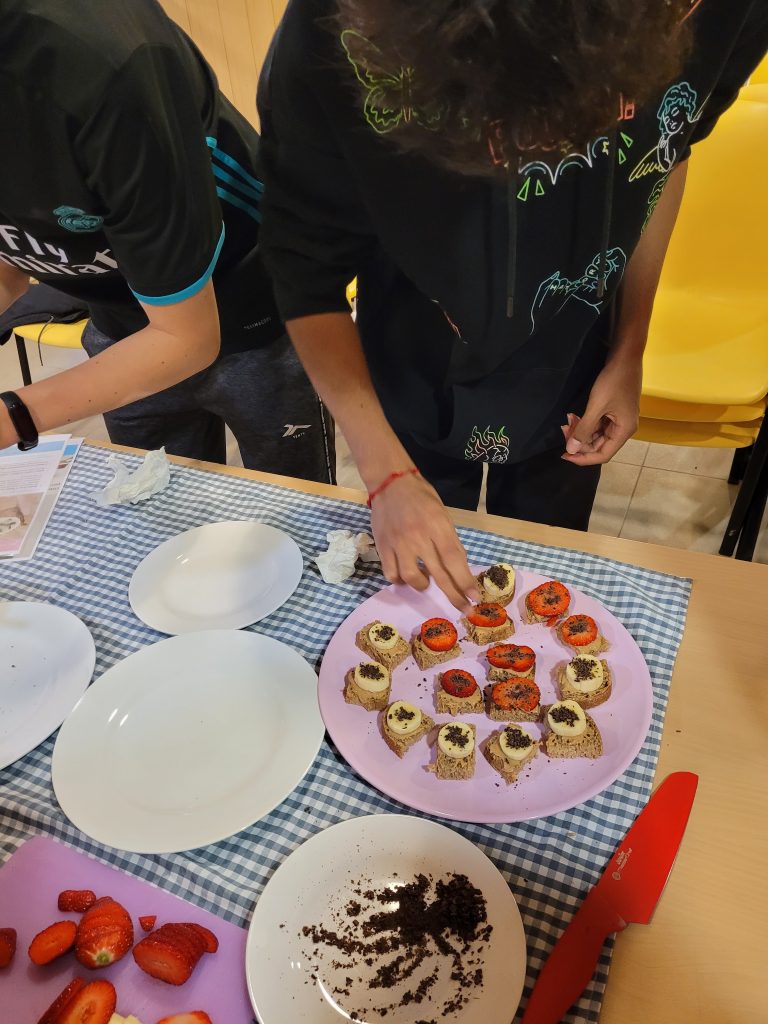
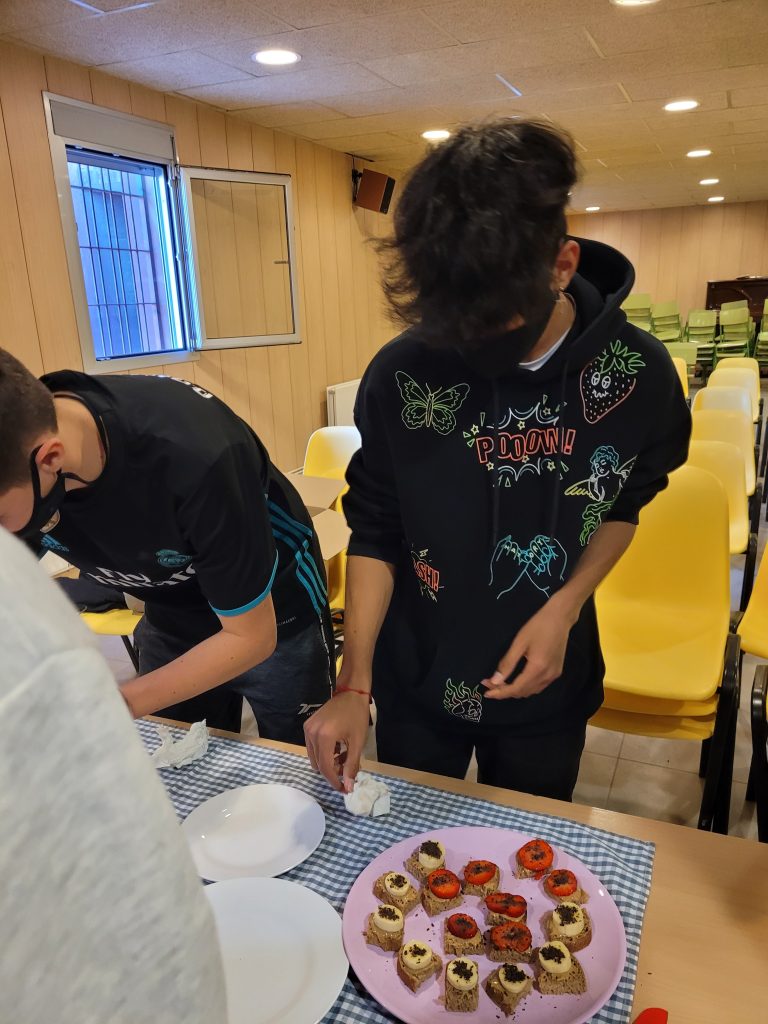
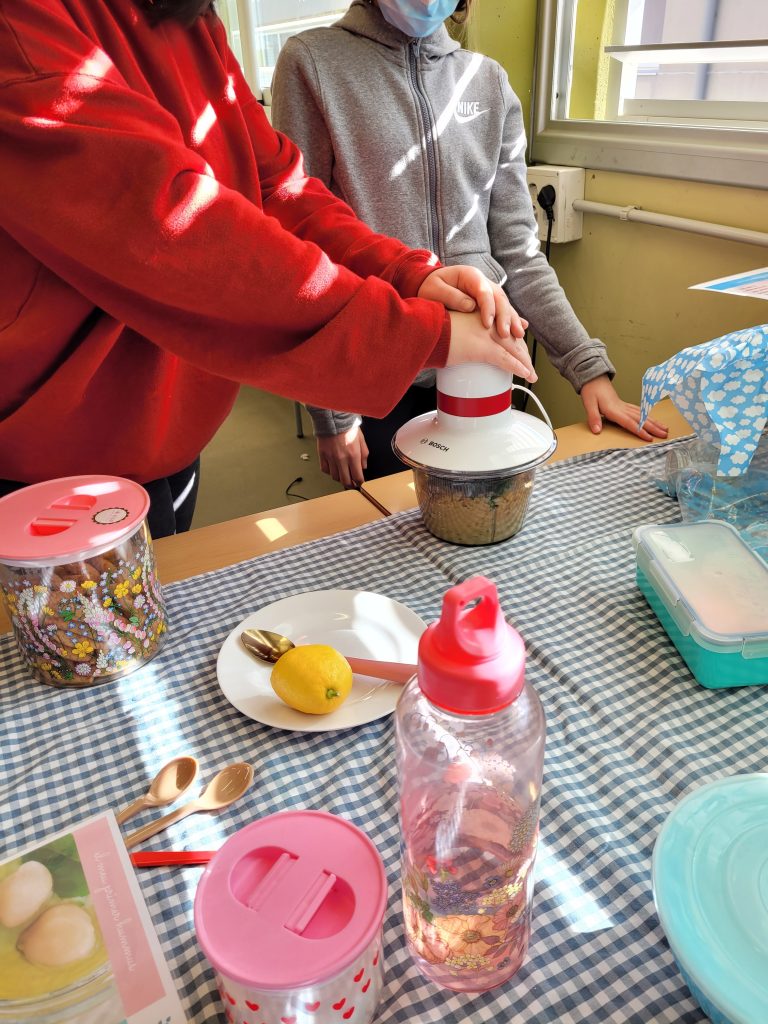
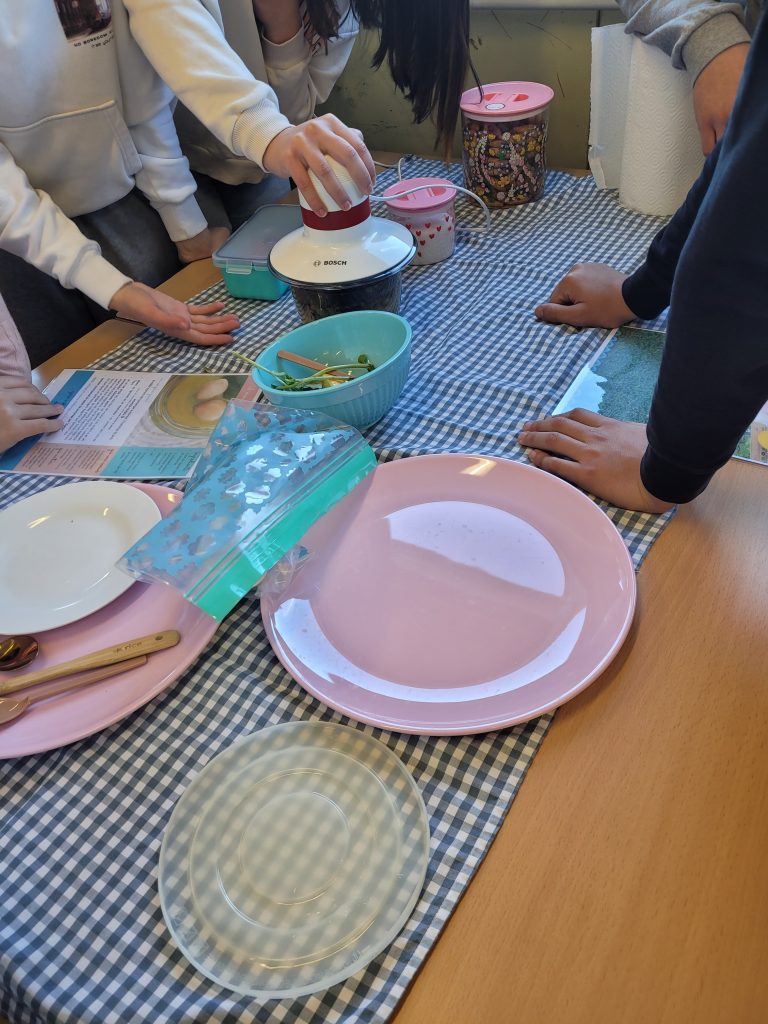
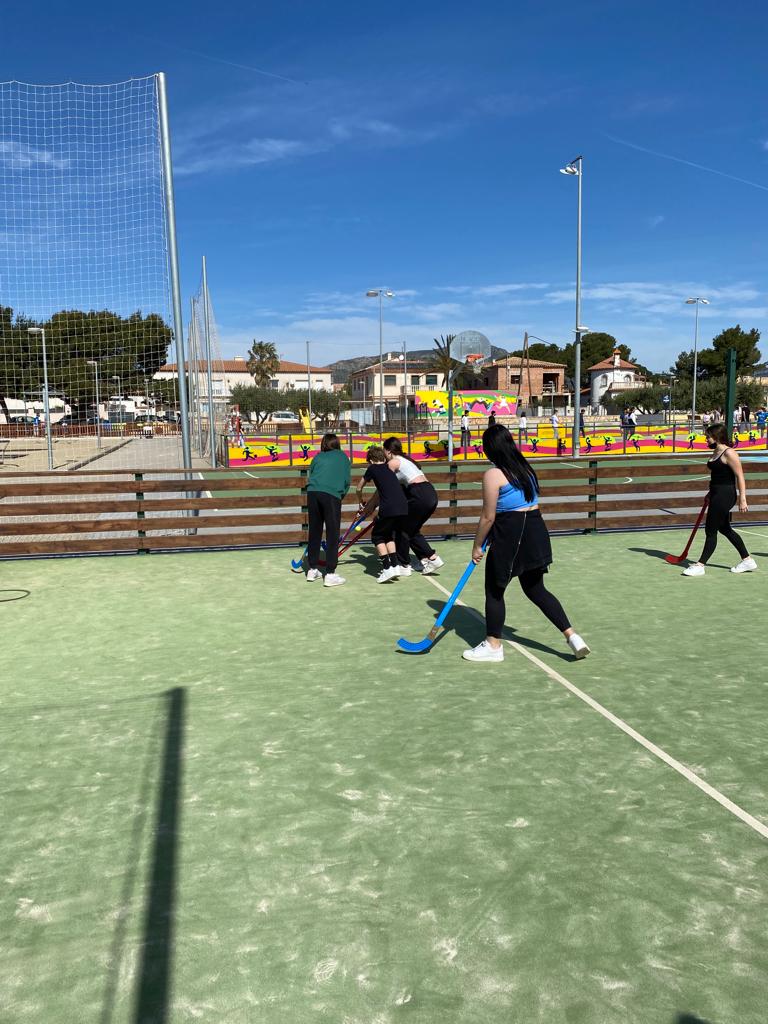
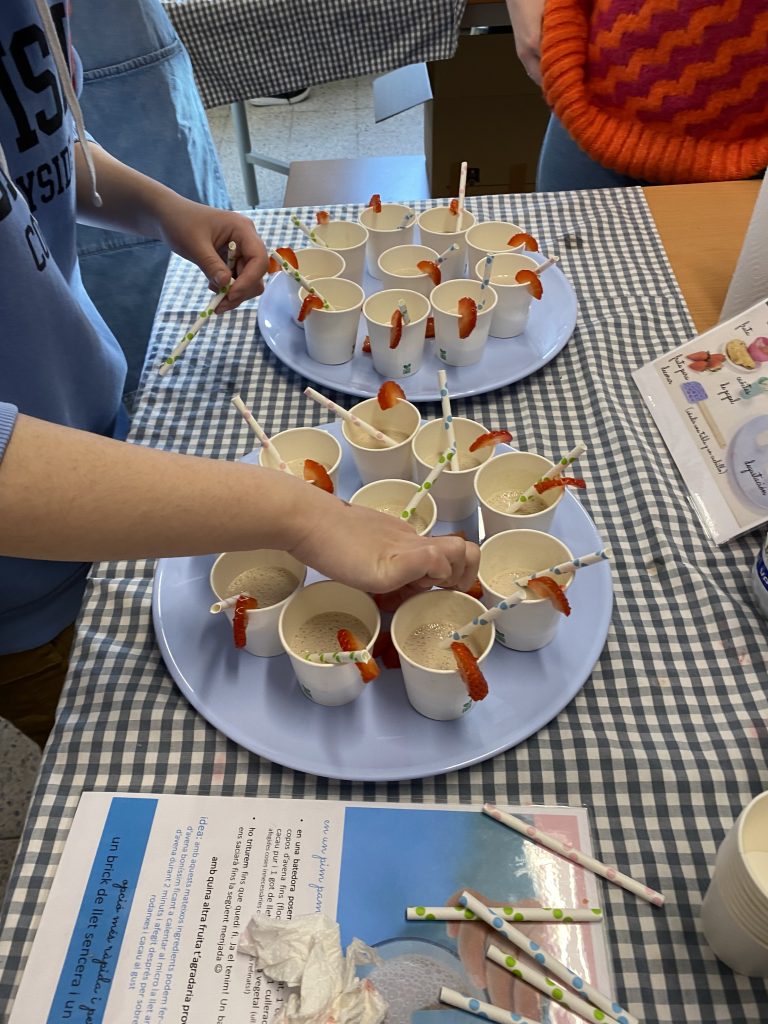
The project, entitled Science Engagement to Empower aDolescentS (SEEDS), is carried out by researchers from IISPV-CERCA and the URV and aims to reduce the time young people spend in front of screens and contribute to acquire healthier habits by increasing physical activity and improving their diet
Contributing to the acquisition of healthier lifestyles by young people when it comes to eating or practicing physical activity is one of the major challenges of the World Health Organization (WHO), according to different studies published by the institution in recent years. Faced with this scenario, researchers from the Institut d’Investigació Sanitària Pere Virgili (IISPV)-CERCA and the Rovira i Virgili University (URV) have led a European project, entitled Science Engagement to Empower aDolescentS (SEEDS), which in Spain has had the participation of different state high schools in the province of Tarragona. More than 225 second and third year ESO students from these schools have taken part throughout 2021-2022.
The SEEDS initiative has been carried out in collaboration with different European partners: The University of Exeter (UOE); Charokopeio Panepistimio (HUA); The European Citizen Science Association (ECSA); City of Rotterdam (COR) and Erasmus Universitair Medisch Centrum Rotterdam (EMC). The project is funded by the Horizon 2020 programme of the European Commision and also aims to arouse the interest of adolescents in the professions called STEM (careers in science, technology, engineering and mathematics). These careers are increasingly in demand in the labour market but are also professions where gender bias is very evident. In Europe, only 1 out of 3 girls consider focusing their studies towards these professions, while in the case of boys this proportion is 3 times higher.
Citizens participate in research
According to the research team that led the project, “a key point in changing the facts and society is to reverse these figures”. Therefore, the SEEDS project has been carried out based on Citizen Science, a type of Participatory Research which consists of actively involving citizens (adolescents, in this case) in research. An additional goal is to put science at the service of social transformation, which is why researchers from the local government of the City of Rotterdam plus local stakeholders are involved. Thus, it was the same students from these state high schools in Tarragona who decided on some of the life habits needed to be improved, working in collaboration with local stakeholders, and how to do it all by proposing different actions. Some of the ones that were eventually carried out are: nutrition workshops aimed at the boys and girls themselves and parents (in which they learned how to make healthy snacks, for example); outdoor classes to promote physical activity and prevent sedentary lifestyles; and challenges to self-motivate to progressively reduce the time they usually spend in front of screens by consulting social media.
“In each institute, different adolescents have been chosen as leaders in this project and in the interventions that have been carried out (21 young people, among all the centers). We have called them ambassadors”, explain Judit Queral and Lucía Tarro, researchers of the project.
A key point that the teenage ambassadors of the SEEDS project decided to work on is promoting actions that help young people reduce the time they spend in front of screens. In this sense, different studies show, in recent years, that they are devoting more and more hours to consulting networks or playing video games, for example. The Digital report in 2020, from the Hootsuite platform and the We are social agency, shows that, on average, Spaniards (both teenagers and adults) spend 6 hours a day on the internet. On the other hand, the Interactive Advertising Bureau Spain finds that the generations called Z and Millennials (young people between 16 and 24 years old, and between 25 and 40, respectively) are the ones who are most attached to social networks. On average, they are present on 5.4 of these platforms, on which they spend an hour and twenty-one minutes a day.
“With the leadership of our own teenagers, boys and girls, we hope to contribute to increase the practice of physical activity and the consumption of healthy snacks by their peers while we build a better Europe”, concludes Rosa Solà, head researcher of the SEEDS project. Young people from high schools in Greece, the Netherlands and the United Kingdom also took part in the SEEDS project. More information and resources on the SEEDS project website: https://seedsmakeathons.com/